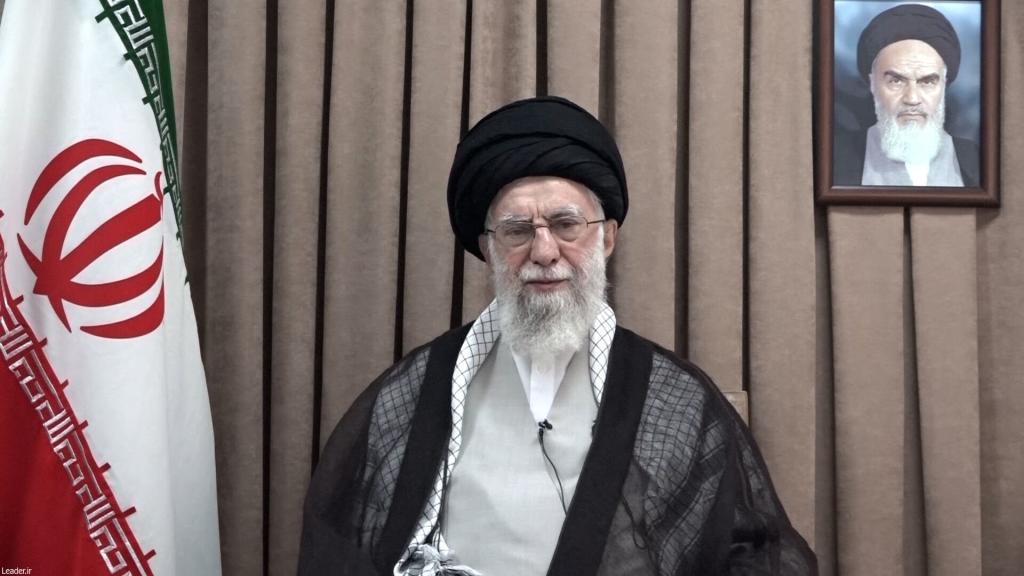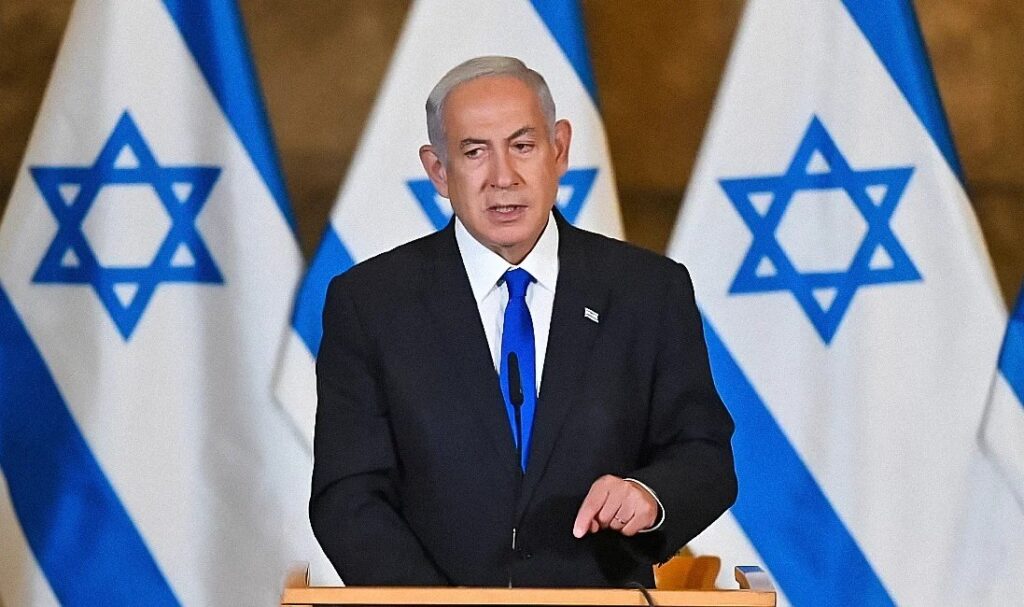In a stunning escalation of hostilities in the Middle East, the United States has formally joined Israel in executing direct military strikes against Iran, targeting its most fortified nuclear sites. The pre-dawn offensive was confirmed by President Donald J. Trump, who labeled the joint operation a “spectacular military success” and declared that the targeted facilities—Fordow, Natanz, and Isfahan—were “completely and totally obliterated.”
Supreme Leader Responds: “It Is Now Our Turn”

Hours after the strikes, Iranian Supreme Leader Ayatollah Ali Khamenei condemned the attack as a flagrant act of aggression, promising retribution. His senior adviser issued a chilling statement: “It is now our turn,” signaling Tehran’s intent to respond with force. Explosions were reported across Tehran shortly thereafter, raising fears of further escalation.
In an immediate retaliation, Iran launched a barrage of hypersonic missiles toward Israeli territory. Iranian state media claimed the missiles penetrated Israeli air defenses, though independent verification remains pending.
Rising Death Toll and Regional Impact
Casualties are mounting on both sides. Iranian authorities report over 240 deaths, including 70 women and children, as a result of Israeli bombardments. Meanwhile, Iran’s strikes on Israel have left more than two dozen dead, adding to the rapidly growing human cost of the conflict.

In Gaza, the Israeli military intensified its ongoing operation in Khan Younis, where at least 89 Palestinians were killed in recent days, many of them reportedly while waiting for humanitarian aid.
Neighboring Gulf states—many of which host U.S. military installations—have placed their security apparatuses on high alert. Iran has warned these nations against allowing their territories to be used for launching or facilitating further attacks, threatening consequences for any involvement.
U.S. Political Divide Sharpens
The military campaign has deepened existing fissures in Washington. While Republican lawmakers largely hailed the action as a necessary show of strength, Democratic leaders called for immediate Congressional review, citing the potential for spiraling global repercussions and lack of legislative consultation.
Analysts warn that this conflict could destabilize the broader region, disrupt global energy markets, and trigger wider confrontations involving U.S. allies and adversaries alike.
As the world watches anxiously, Factsphere will continue to provide comprehensive coverage of this unfolding crisis, keeping readers informed with verified insights and on-the-ground developments.


